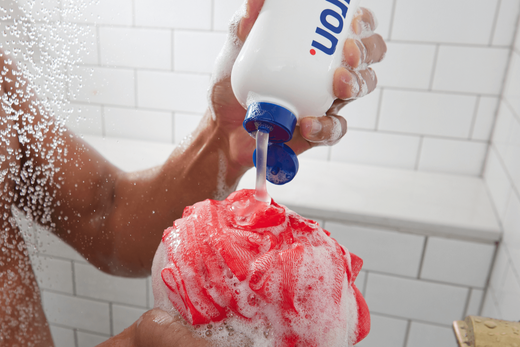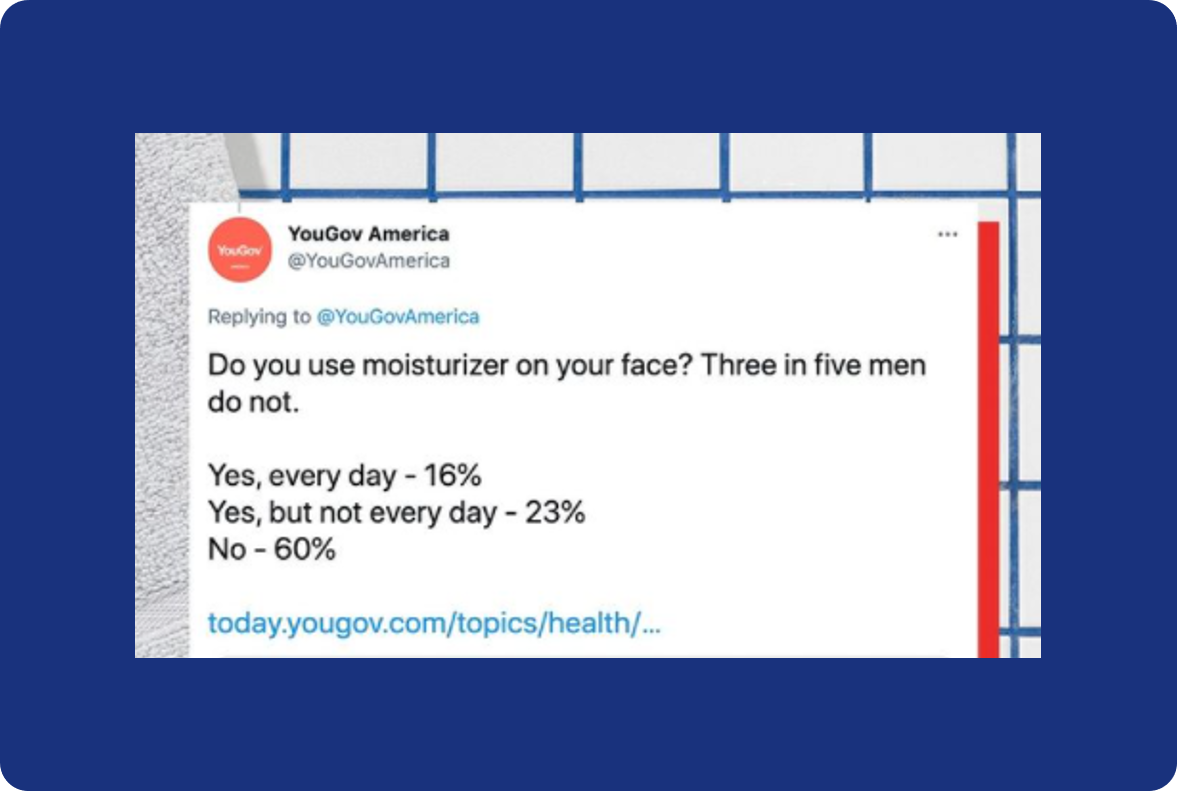Every May, you may notice media campaigns across the country promoting mental health awareness. In the coming weeks, you will hear from our team as we unpack what various aspects of mental health mean to us
A Brief History.
In 1909, Clifford Beers founded the National Committee for Mental Hygiene, today known as Mental Health America, opens in a new tab. The concept of mental hygiene took a greater presence on the national stage in the following decades, driven by initiatives to assist soldiers and veterans from both World Wars, and advancement in federal legislation that resulted in the passing of the National Mental Health Act of 1946. This created and funded the National Institute of Mental Health. The first Mental Health Awareness week was observed in 1949, which evolved into the Mental Health Awareness Month we recognize nationwide today. Check out a more detailed historical timeline here, opens in a new tab.
Mental health in the US today.
Each year, 1 in 5 adults experience challenges with mental health. More than half won’t seek or receive any treatment, influenced by a lack of access to adequate mental health resources and care, as well as the lack of insurance coverage options, particularly around early prevention, opens in a new tab. Societal norms and expectations also impact different genders and races. Men in particular are less likely to seek help or discuss their concerns with loved ones or professionals.
Huron’s Approach: The Glass Half-Full
We reference the above to emphasize that if you’re facing any challenges with your mental health, you’re far from alone. And while there have been massive strides over the past few years, there’s still, unfortunately, a stigma around seeking help. The topic can be tough to discuss for many, but it doesn’t have to be. Mental health can be framed as a sort of ‘emotional exercise’ to keep your mind in check, similar to how you’d keep your body in-check with a workout. Something as minor as a casual catch-up with a friend, or even just a good laugh, can have powerful benefits.
Let’s put things in perspective. If you broke your ankle, you’d go to a doctor (or at least bust out the ice pack and aspirin). If a child or a loved one became sick, you’d take them to a doctor, too. But why do we not show the same level of self-care for our own mental state? Mental health shouldn’t be any different. And just like how physical health ranges from a small cold to a major operation, so does mental health. We encourage you to look after yourself, however you feel is necessary.
Small wins toward strong mental health can include simple daily tasks, opens in a new tab. Make sure you’re saving time to spend on hobbies, or even broadening your horizons (a new home improvement project, or a new skill/language). Taking care of yourself physically can directly correlate to improvement in your mental health, too. So don’t forget to keep up the good work around routines such as exercise, sleep, and nutrition.
Our mission from day one has always been to help guys help themselves–and not just in the bathroom. This month, and all months, take time to check in with yourself and your loved ones. And don’t hesitate to reach out to a friend or professional if you’re not feeling 100%. We want to help guys help themselves, but we can also help each other.
As we continue to cover topics around mental health and men’s mental health for May & June, feel free to reach out to us directly at help@usehuron.com or on Instagram @usehuron if there are other topics you’d like us to include in future blog posts.
Mental Health Resources:
If you or someone you know is struggling with mental health, these resources are free and available to everyone:
Suicide Prevention Lifeline: 1-800-273-8255
Veterans Crisis Line: 1-800-273-8255
NAMI HelpLine: 1-800-950-NAMI
More Resources: https://www.cdc.gov/mentalhealth/tools-resources/individuals/index.htm , opens in a new tab





